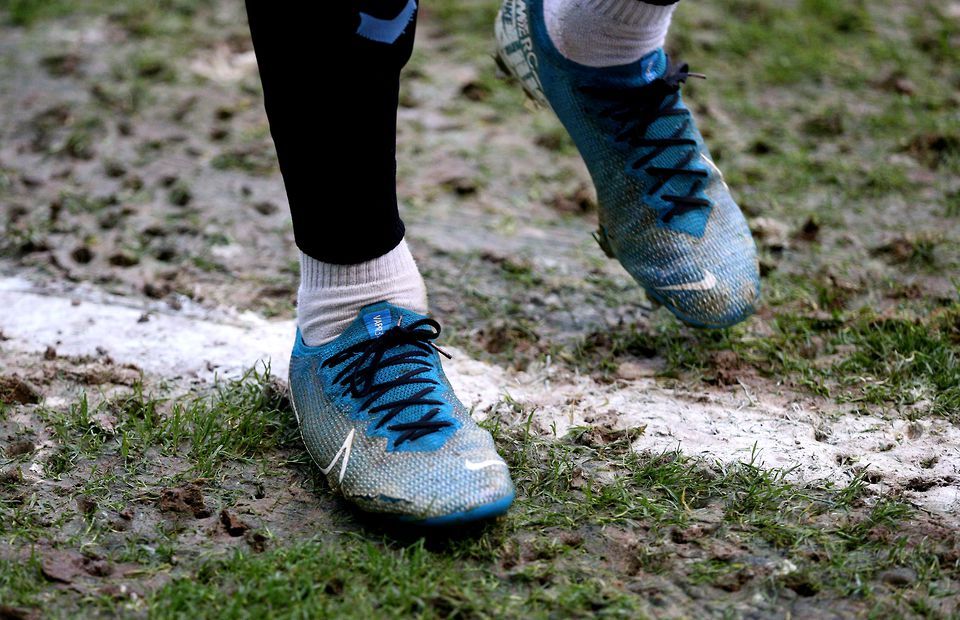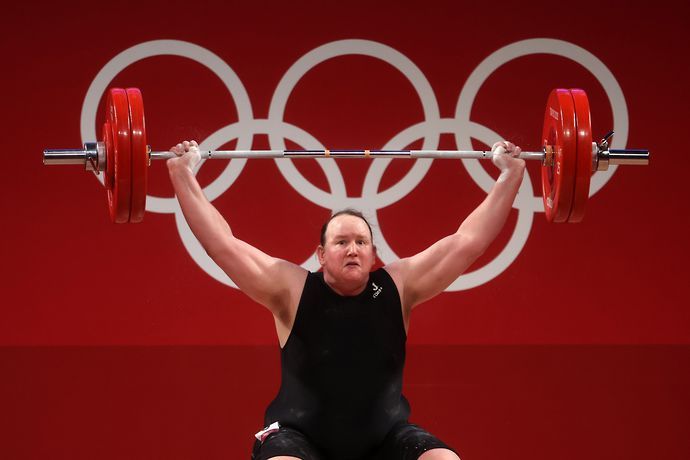A landmark report from UK Sport, Sport England, Sport Wales, SportScotland and Sport Northern Ireland has issued new guidelines on transgender inclusion in non-elite sport.
The report has concluded current policies are not fit for purpose, arguing there is no way to balance the inclusion of trans women in female sport while guaranteeing competitive fairness and safety.
It also claimed transgender women retained their physique, stamina and strength advantages when competing in female sport, even when they reduce their testosterone levels.
Sports across the UK will now have to individually decide whether to prioritise inclusion, "competitive fairness", or safety.
Whatever is decided upon, the report called on sports to come up with "innovative and creative ways to ensure nobody is left out". This could include non-contact versions of team sports, or "universal admission" categories for transgender athletes.
"Sport must be a place where everyone can be themselves, where everyone can take part and where everyone is treated with kindness, dignity and respect," the guidelines read.
Most sports currently follow the guidelines established by the International Olympic Committee in 2015, which allows transgender women to compete in female sport if they have suppressed their testosterone levels below 10nmol per litre.
This saw New Zealand weightlifter Laurel Hubbard compete at the Tokyo 2020 Olympics, becoming the first openly transgender athlete to compete in a different gender category at the Games.
Despite the increased focus on Hubbard during Tokyo 2020, the 43-year-old failed to register a single lift in the women's over-87 kilogram division.
There were two other "out" trans athletes competing at Tokyo 2020, including Canadian football gold medallist Quinn, was born biologically female but now identifies as transgender, and uses the pronouns "they/them".
BMX cyclist Chelsea Wolfe travelled to Tokyo as a reserve athlete but did not feature. Skateboarder Alana Smith, who identifies as non-binary, also competed.
The IOC is set to update its transgender guidelines after the Beijing 2022 Winter Olympics in February.
The organisation’s medical and scientific director Richard Budgett acknowledged the need to update the guidelines during Tokyo 2020, and revealed the new regulations would "prioritise inclusion" and "avoid harm".
The new UK guidance has been published after an 18-month consultation, involving interviews and surveys with respondents from 54 sports and 175 organisations, and a review of the most up-to-date research.
It does not cover international, professional or elite sport, instead focusing on community sport up to national level.
"In order to survive and thrive in the future, sport must adapt to reflect modern society, and that often, it is too slow to do so," the guidance states.
The full report can be read here.





















